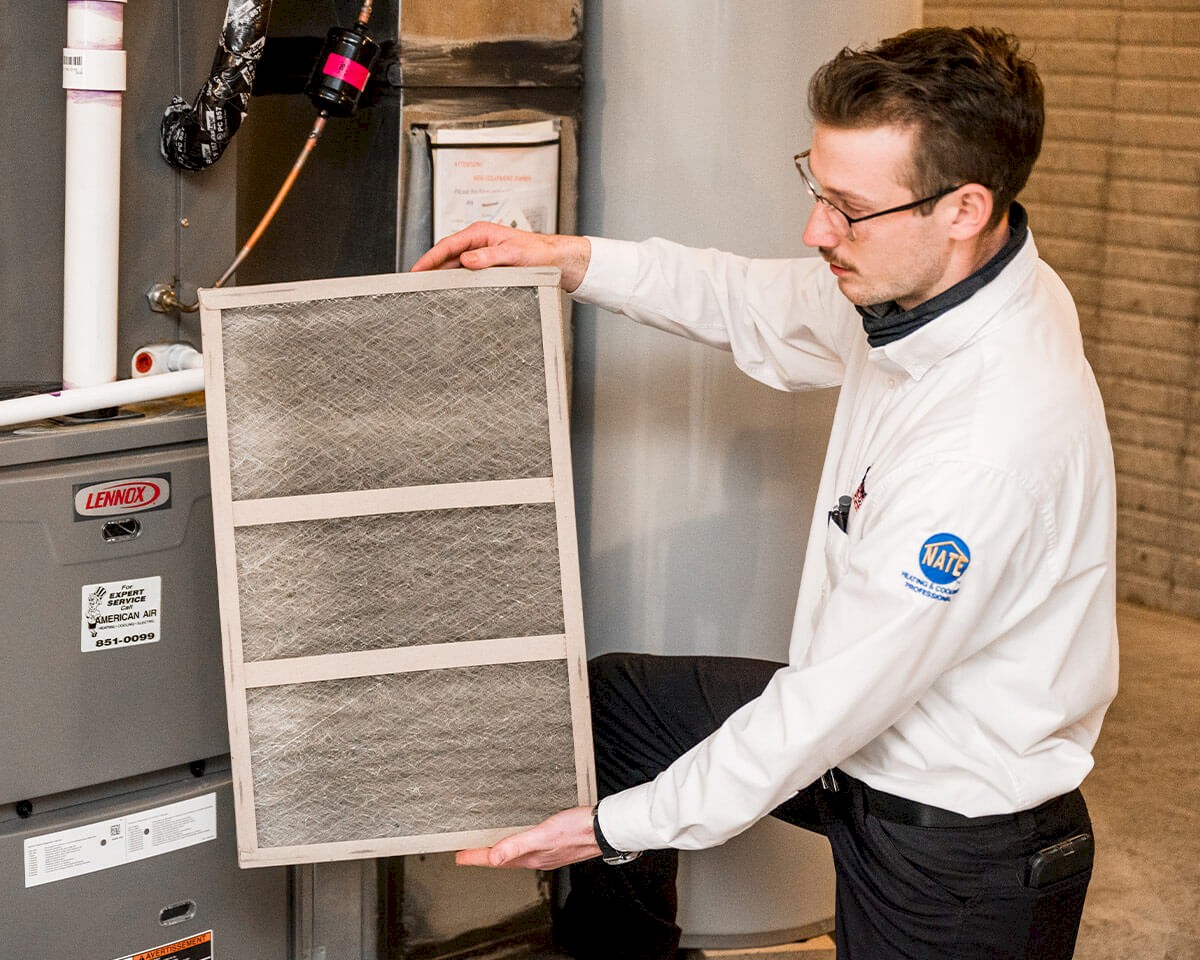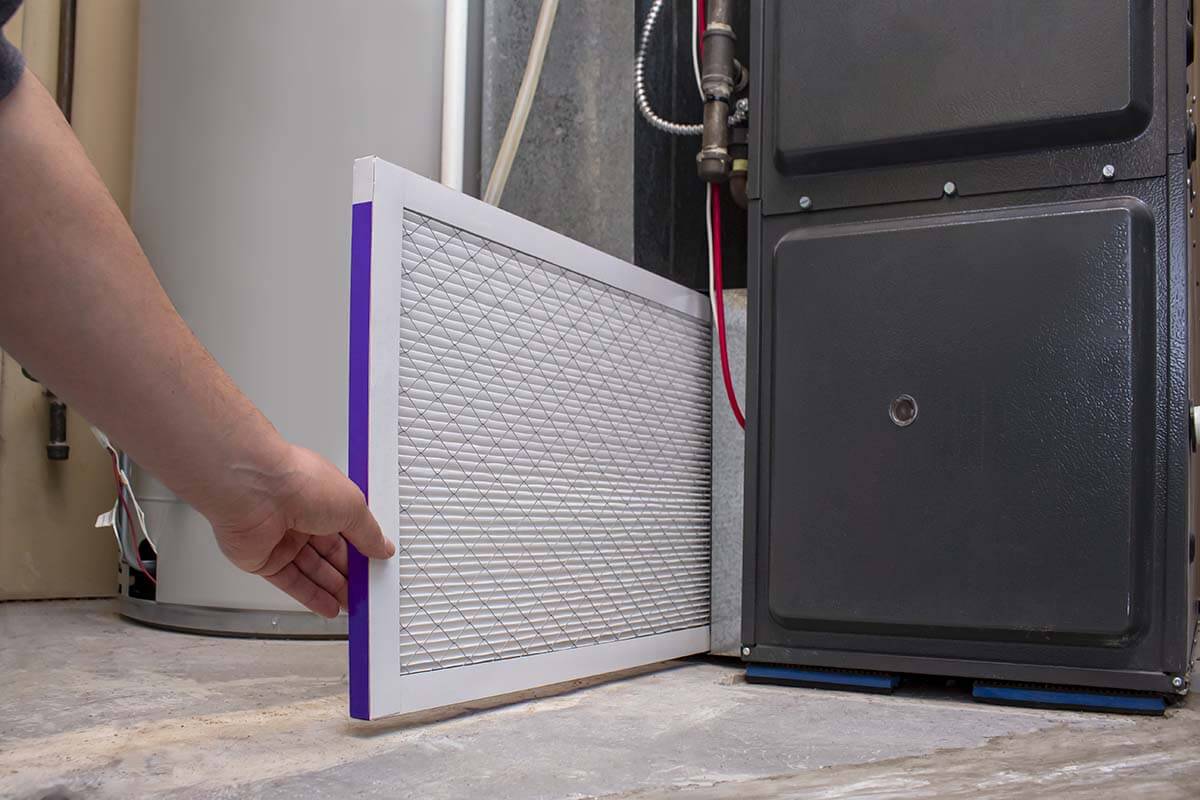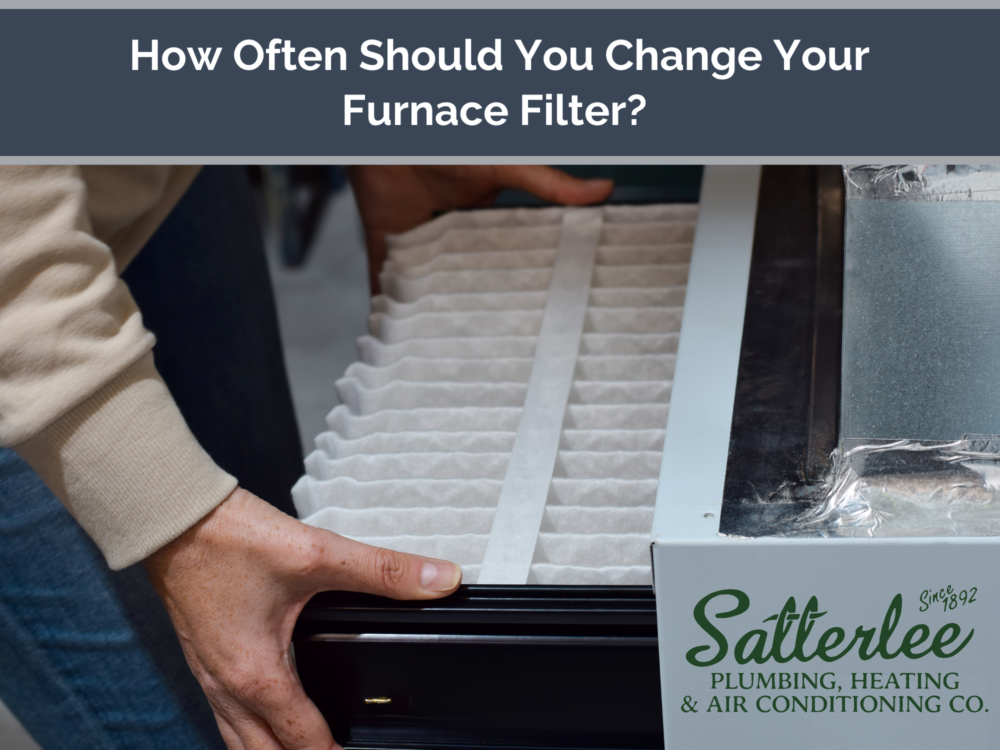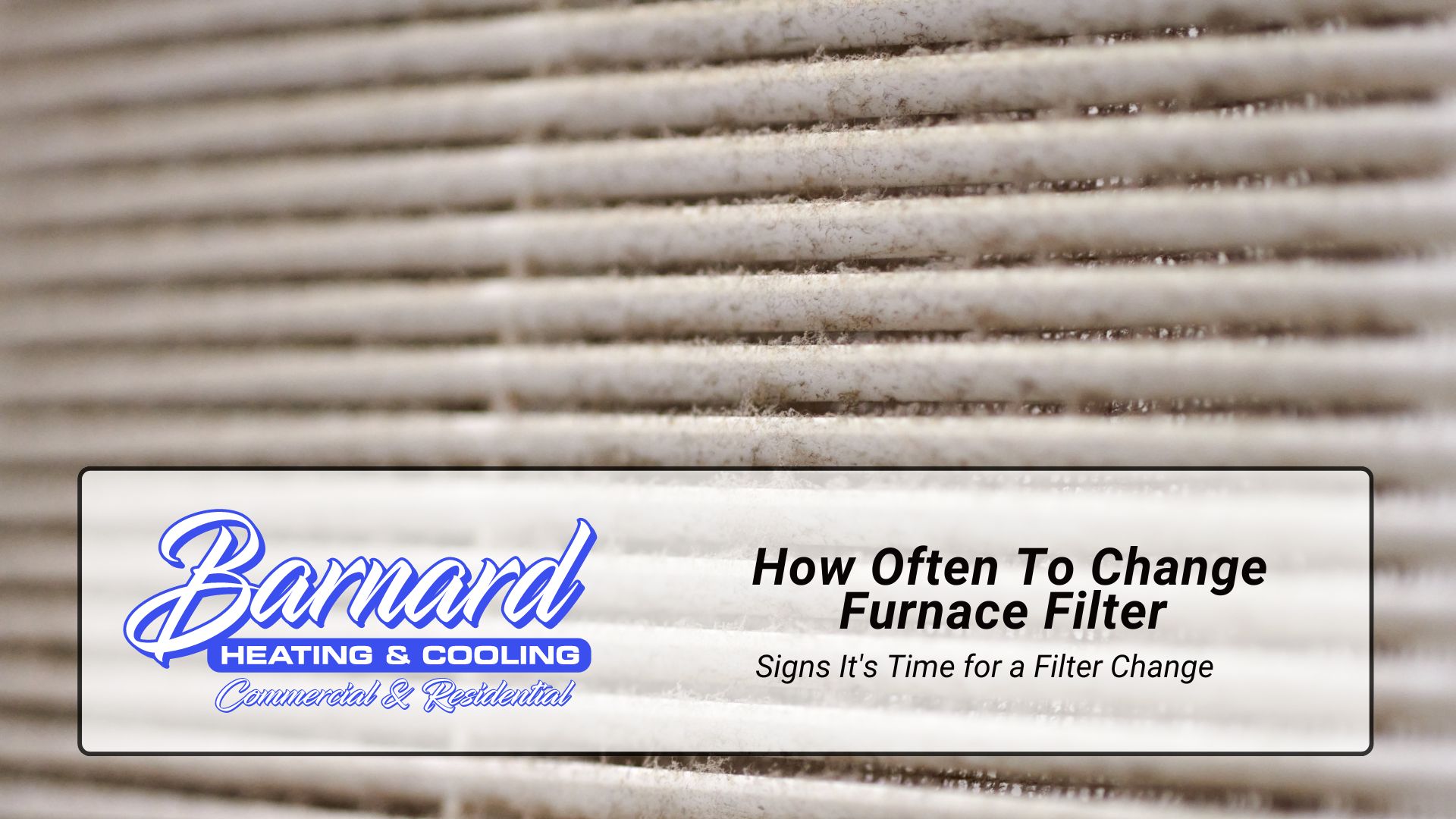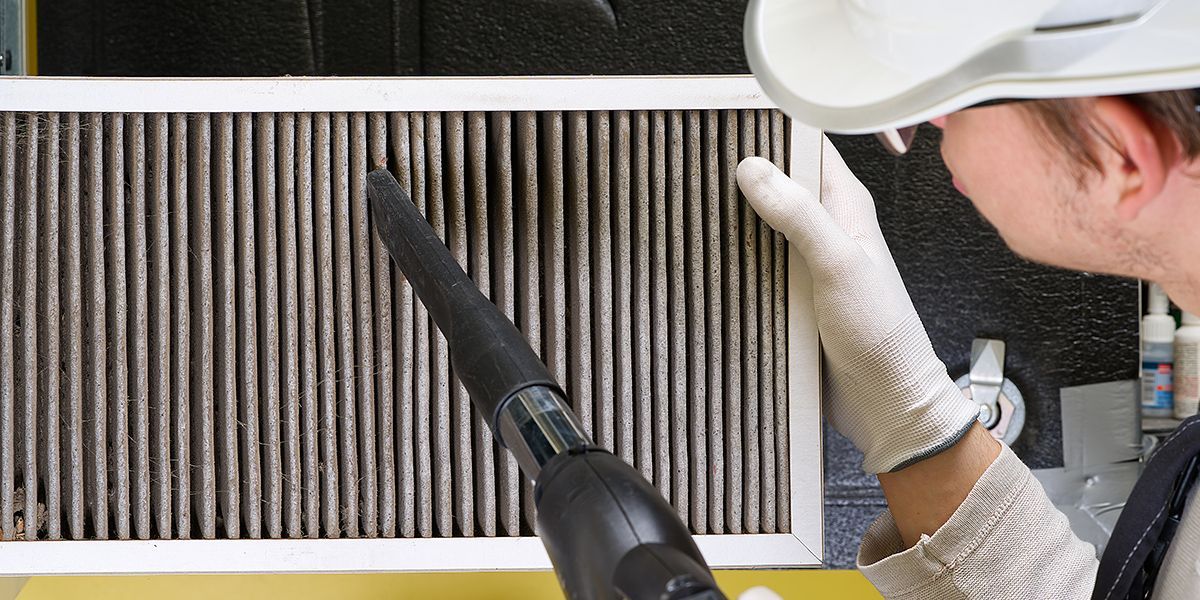How Often Should U Change Furnace Filter

Frequently Asked Questions: Furnace Filter Replacement
Maintaining a clean furnace filter is crucial for the efficiency and longevity of your heating system, as well as for the air quality in your home or building. Here are some of the most common questions we receive about furnace filter replacement:
Q: How often should I change my furnace filter?
A: The most common recommendation is to change your furnace filter every 1-3 months. However, the ideal frequency depends on several factors, which we will discuss in more detail. Think of it like this: checking it monthly is a good habit to form, and then you can adjust based on what you find.
Q: What factors affect how often I need to change my furnace filter?
A: Several factors can influence how often you need to replace your furnace filter. Here are some of the most important:
- Type of Filter: Fiberglass filters generally need to be replaced more often (every month) than pleated filters (every 1-3 months) or HEPA filters (every 6-12 months). Higher MERV ratings (a measure of filter efficiency) often mean the filter will clog faster.
- Number of Occupants: More people in the household mean more dust, dander, and other airborne particles, which will clog the filter faster. If you have a large family, consider changing the filter more frequently.
- Pets: Pets shed fur and dander, which can significantly increase the particle load on your furnace filter. If you have pets, especially those that shed heavily, you should change your filter more often, perhaps as frequently as every month.
- Allergies or Respiratory Issues: If anyone in your household suffers from allergies, asthma, or other respiratory issues, maintaining a clean filter is especially important. Consider using a higher-quality filter and changing it more frequently to improve indoor air quality.
- Smoking: Smoking indoors introduces a large amount of particulate matter into the air, which will quickly clog your filter. If you smoke indoors, you will need to change your filter much more frequently.
- Construction or Renovations: Any construction or renovation work in or near your home will generate a significant amount of dust and debris. During these periods, you should change your filter very frequently, perhaps even weekly.
- Furnace Usage: If you run your furnace frequently, especially during the peak heating season, the filter will become clogged more quickly. In milder climates where the furnace isn't used as much, you can likely extend the filter replacement interval.
- Location and Air Quality: If you live in an area with high levels of air pollution, or near a construction site, your filter will get dirty faster and require more frequent changes.
In short, assess your individual situation and adjust your filter replacement schedule accordingly. Regular visual inspections are highly recommended.
Q: How do I know when my furnace filter needs to be changed? What are the warning signs?
A: While a regular replacement schedule is a good practice, it's important to also be aware of the signs that your filter needs to be changed *before* the scheduled date. Here's what to look for:
- Visible Dirt and Dust: The most obvious sign is visible dirt and dust accumulation on the filter. If the filter looks significantly darker or more clogged than when it was new, it's time for a change.
- Reduced Airflow: A clogged filter restricts airflow, which can cause your furnace to work harder and less efficiently. You may notice that the vents are not blowing as strongly as usual, or that some rooms are not heating properly.
- Increased Energy Bills: A furnace working harder due to a clogged filter will consume more energy. If you notice a sudden or unexplained increase in your energy bills, it could be a sign that your filter needs to be changed.
- Furnace Overheating: In extreme cases, a severely clogged filter can cause the furnace to overheat, potentially leading to damage or failure. If you hear unusual noises coming from your furnace, or if it shuts down unexpectedly, it could be due to overheating caused by a dirty filter.
- Dust and Allergens: If you notice an increase in dust accumulation in your home, or if allergy symptoms are worsening, it could be a sign that your filter is not effectively removing airborne particles.
- Strange Odors: Sometimes, a dirty filter can trap odors and release them into the air when the furnace is running. If you notice any unusual or unpleasant smells, check your filter.
If you observe any of these warning signs, it's best to check your furnace filter immediately and replace it if necessary, even if it's not yet time according to your regular schedule.
Q: What type of furnace filter should I use? What does MERV rating mean?
A: The type of filter you should use depends on your individual needs and the capabilities of your furnace. Here's a breakdown of common filter types and the meaning of MERV ratings:
- Fiberglass Filters: These are the least expensive and least effective type of filter. They are primarily designed to protect the furnace from large particles, but they do little to improve indoor air quality. They typically have a low MERV rating (1-4) and should be replaced every month.
- Pleated Filters: These filters are more effective than fiberglass filters at capturing smaller particles, such as dust, pollen, and pet dander. They typically have a MERV rating of 5-13 and should be replaced every 1-3 months. They offer a good balance between filtration efficiency and airflow.
- Electrostatic Filters: These filters use an electrostatic charge to attract and trap particles. They can be either disposable or washable. They generally have a MERV rating of 8-12 and should be replaced or cleaned according to the manufacturer's instructions.
- HEPA Filters: HEPA (High-Efficiency Particulate Air) filters are the most effective type of filter at removing airborne particles. They can capture at least 99.97% of particles that are 0.3 microns or larger, including dust, pollen, mold spores, bacteria, and viruses. They typically have a MERV rating of 17-20 and should be replaced every 6-12 months. Important: Not all furnaces are designed to handle the increased air resistance of HEPA filters. Check your furnace manufacturer's recommendations before using a HEPA filter. Using too restrictive a filter can damage your furnace motor.
MERV (Minimum Efficiency Reporting Value) is a rating system that measures the effectiveness of a filter at capturing particles of different sizes. The higher the MERV rating, the more effective the filter is at capturing smaller particles. For most residential applications, a filter with a MERV rating of 8-13 is a good choice, offering a balance between filtration efficiency and airflow. If you have allergies or respiratory issues, you may want to consider a filter with a higher MERV rating, but be sure to check your furnace manufacturer's recommendations to ensure that it is compatible with your system.
Always consult your furnace's manual or a qualified HVAC technician to determine the appropriate filter type and MERV rating for your system.
Q: What happens if I don't change my furnace filter often enough?
A: Neglecting to change your furnace filter regularly can lead to a variety of problems, including:
- Reduced Energy Efficiency: A clogged filter restricts airflow, forcing your furnace to work harder to heat your home. This results in increased energy consumption and higher utility bills.
- Furnace Overheating and Damage: Restricted airflow can cause the furnace to overheat, potentially damaging the heat exchanger, blower motor, and other components. This can lead to costly repairs or even premature furnace failure.
- Poor Air Quality: A dirty filter is less effective at removing airborne particles, leading to reduced indoor air quality and an increase in dust, allergens, and other pollutants in your home. This can exacerbate allergies and respiratory problems.
- Reduced Lifespan of Furnace: Overworking your furnace because of a dirty filter puts unnecessary strain on its components, which can shorten its lifespan.
- Frozen Coils (in air conditioning mode): A dirty air filter can also impact your air conditioning system in the summer by restricting airflow across the evaporator coil, potentially causing it to freeze.
In short, neglecting your furnace filter can have serious consequences for your wallet, your health, and the lifespan of your heating system. Regular filter changes are a simple and cost-effective way to prevent these problems.
Q: Can I wash and reuse my furnace filter?
A: Some furnace filters are designed to be washable and reusable, while others are disposable. Check the manufacturer's instructions for your specific filter to determine if it is washable. Fiberglass filters are *not* washable and should always be disposed of after use. Pleated filters are generally disposable, but some higher-end pleated filters may be washable. Electrostatic filters are often designed to be washable.
If your filter is washable, follow these steps to clean it:
- Remove the filter from the furnace.
- Use a vacuum cleaner with a brush attachment to remove loose dirt and debris.
- Rinse the filter with a garden hose, spraying from the clean side to the dirty side.
- If necessary, use a mild detergent and warm water to gently scrub the filter.
- Rinse the filter thoroughly with clean water until all traces of detergent are gone.
- Allow the filter to dry completely before reinstalling it in the furnace. Never reinstall a damp filter, as this can promote mold growth.
While washing a reusable filter can save money, it's important to note that it may not be as effective at removing airborne particles as a new filter. Over time, washing can degrade the filter material and reduce its efficiency. It's also crucial to ensure the filter is completely dry before reinstalling it to prevent mold and mildew growth. Consider the effort involved and the potential for reduced performance when deciding whether to wash or replace your furnace filter.
Q: Where can I find the right replacement furnace filter for my system?
A: Finding the right replacement furnace filter is essential for proper performance and compatibility. Here are a few places you can look:
- Your Furnace's Manual: The most reliable source is your furnace's owner's manual. It will typically specify the correct filter size and type for your system.
- The Existing Filter: Most filters have their size and MERV rating printed directly on the frame. You can use this information to find a matching replacement. Note the dimensions (e.g., 16x25x1 inches).
- Local Hardware Stores: Home improvement stores like Home Depot or Lowe's usually carry a wide variety of furnace filters in standard sizes.
- HVAC Supply Stores: Specialized HVAC supply stores often offer a wider selection of filter types and sizes than general hardware stores. They may also have knowledgeable staff who can help you find the right filter for your system.
- Online Retailers: Online retailers like Amazon offer a vast selection of furnace filters, often at competitive prices. Be sure to double-check the size and specifications before ordering.
- HVAC Technicians: Your HVAC technician can recommend and supply the appropriate filter for your system during routine maintenance or service calls.
When purchasing a replacement filter, be sure to match the size exactly. A filter that is too small will not seal properly and will allow unfiltered air to bypass the filter. A filter that is too large will not fit into the filter slot. It's also important to consider the MERV rating and choose a filter that meets your needs and is compatible with your furnace.
